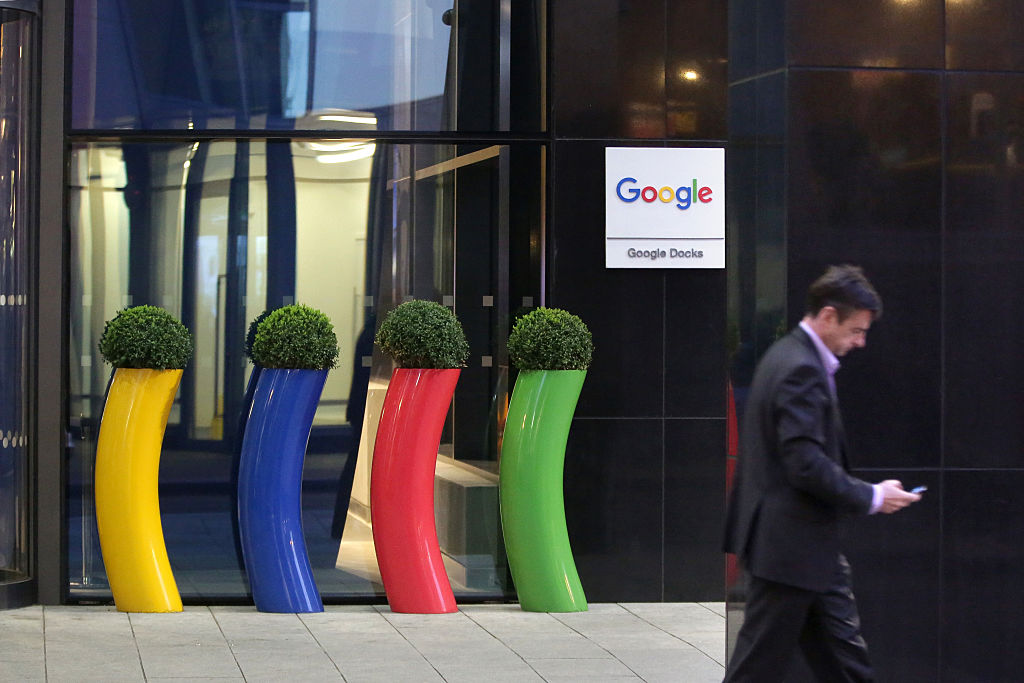France must pump €5 billion into AI development a year for the next five years if it wants to be competitive at the international level, a Government report has found.
Published on March 13, the document includes 25 proposals aimed at allowing he country to stay afloat in the global battle for advanced-AI competitiveness, a sector currently dominated by China and the US.
According to the report, the emergence of modern AI represents a “massive technological revolution” that will impact “the economy, employment, public services, the environment, information [and] cultural industries”.
It goes on to claim that both France and Europe more broadly “are well placed to play a leading role in this revolution”, citing the “excellence” of talent in the region.
Such talent, it added, is at risk of being wasted if significant investment is not made.
“This wealth and the exceptional dynamism of the French AI ecosystem must not, however, mask a worrying reality.
“For several decades, the trend has been for our continent to fall behind technologically and economically, jeopardising its prosperity and independence,” the report read.
To remedy this, it recommended that France immediately set aside €10 billion to create a “France & AI” fund, to “finance the emergence of the AI ecosystem and the transformation of the French economic fabric”.
A further €5 billion would then need to be invested into the sector every year for five years as part of a broader plan recommended by the document’s authors.
That scheme’s multi-year expenditure would consist of “technological investments but also investments to catalyse at the same time the diffusion of AI in the economy, its deployment for public interest, and opportunities to train the whole society”.
“This investment is significant but it is necessary if France is to become a leading country in artificial intelligence – and if our society is to reap its full benefits,” the report stated.
The European Union’s Artificial Intelligence Act risks “harming” the continent’s budding AI sector due to its “unclear” nature, a prominent industry group has warned. @BChampris https://t.co/AjyX6CehhP
— Brussels Signal (@brusselssignal) February 5, 2024
It came as France continues to sell itself as one of the world’s premiere destinations for AI development.
That marketing strategy has been partly undermined by efforts at the European Union level to heavily regulate AI. Against that, French President Emmanuel Macron’s Government has repeatedly complained about the bloc’s desire to impose restrictions on the sector.
Despite such misgivings, the Élysée Palace ultimately agreed to the adoption of Brussels’ AI Act banning numerous uses of the new technology. The restriction of a number of others deemed “high risk” also found French favour, with the bill having since been approved by the European Parliament.
As part of a negotiated settlement aimed at getting the act approved by the European Council of Ministers, Paris was handed some seemingly token concessions – largely aimed at protecting France’s darling-child in the sector, Mistral AI.
That is despite the fact the firm was only founded in April 2023 – and by previous employees of Meta Platforms and Google DeepMind.
Still, given the fact it raised €385 million in October last year and was worth more than $2 billion just two months later, that is perhaps no surprise.
While the Macron Government insisted such changes to the bill were necessary to keep French AI development independent, the flagship company has since seemingly put a cat among the pigeons regarding that argument by signing a development deal with US tech giant Microsoft.
The move sparked outrage for several European politicians – one insider describing MEPs as “furious” at the development.
“What is emerging shows even more that it was good not to water-down our ambition on the safety of GPAI [general purpose AI] models with systemic risks, following legitimate but strong lobbying from companies like Mistral,” said Brando Benefei, a Socialist and Democrats (S&D) group MEP.
Spanish politician and senior AI Act negotiator @Ibangarciadb told Brussels Signal: "The Commission has reacted quickly, announcing they will open an investigation."https://t.co/h4p4gVVzWM
— Brussels Signal (@brusselssignal) February 28, 2024





